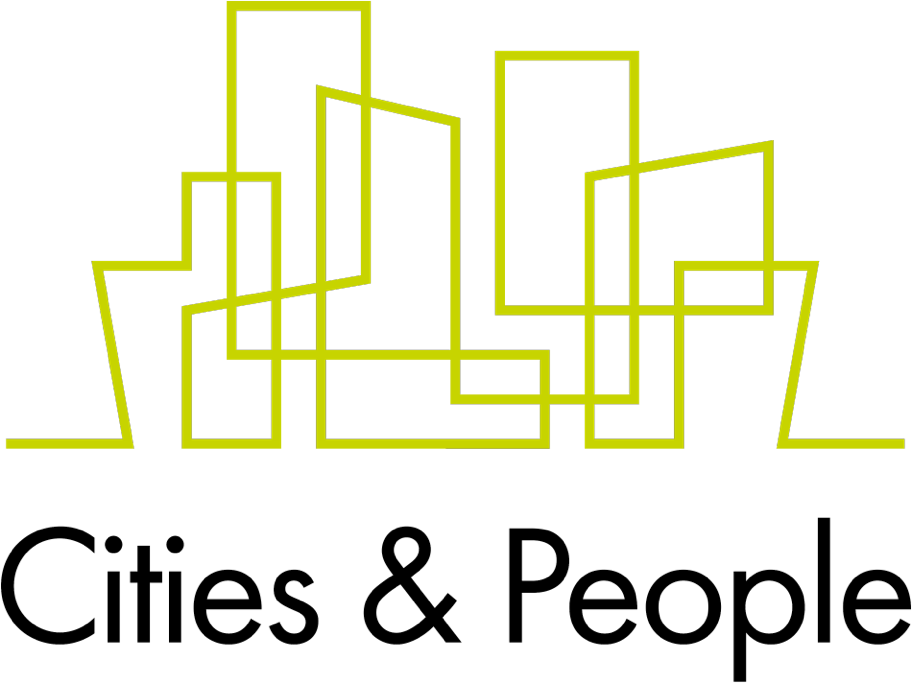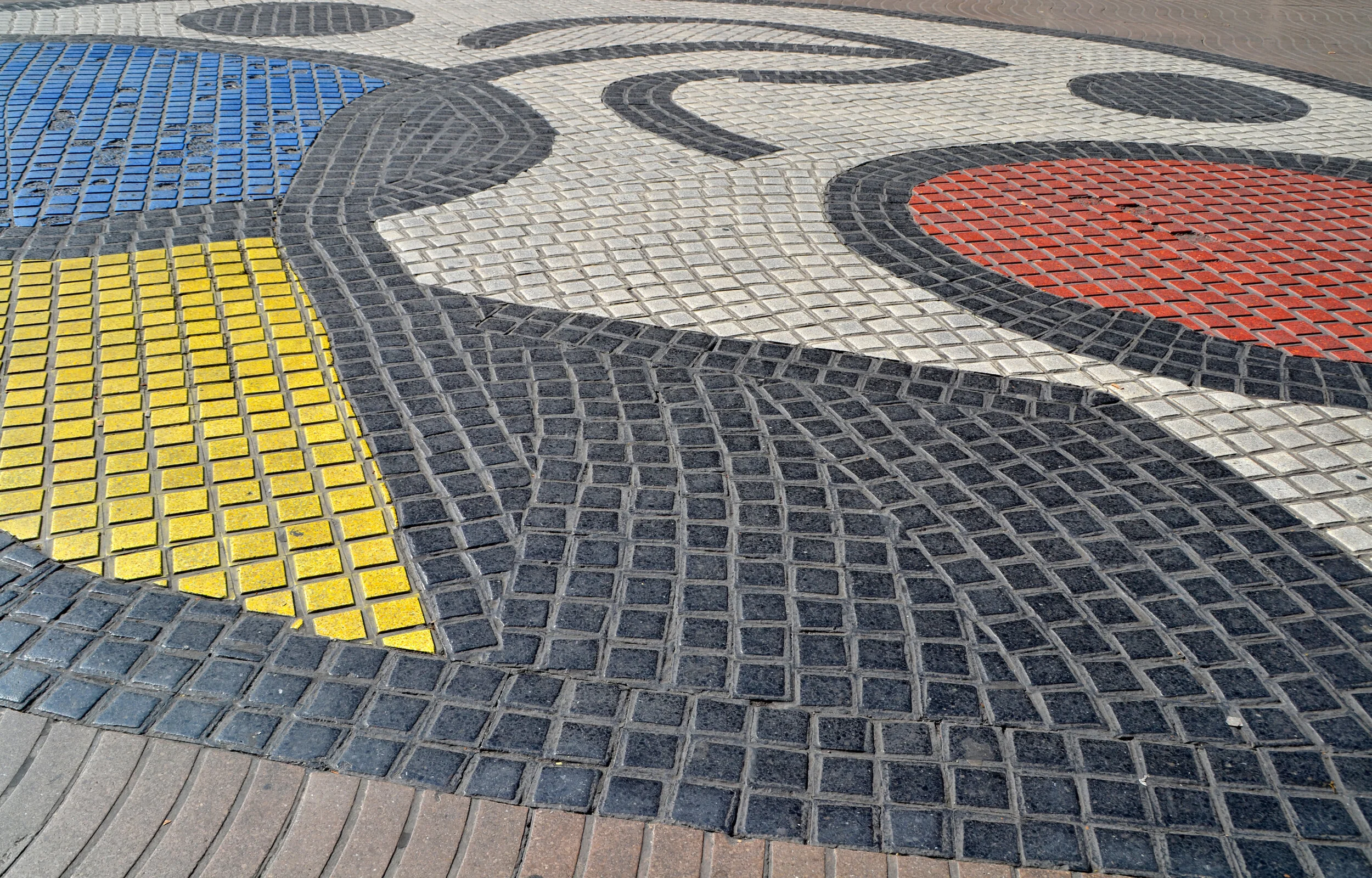If all my data were laid out on the floor around me in some fashion, I could never escape its breadth, not even peripherally while honing in on some specific code or case. But when it is tightly nested away from me in folders, I am more likely to pay attention to what is on top, so I have to make sure I'm digging into the backs of those drawers regularly if I'm going to keep my data at the front of my brain.
Read MoreIn every community I've worked in for capacity building, some kind of important community organizing (formal or informal) could be identified prior to my entrance. This work is foundational not only to the when we come to develop programs, but in terms of the information we need to conduct an authentic evaluation of what we think of as "our intervention." What's more, this work is likely to keep happening at some pace and to some scale, whether we are investing from the outside or not.
Read MoreThe whole point of learning about the system of oppression was so that we could see how it organizes us. When you see how you and others are being organized by the logic of white supremacy, patriarchy, imperialism, and capitalism, then you are in a better position to develop an intervention – to fight back strategically rather than to merely react to what is loudest or most appalling.
Read MoreLike all good pilots, we'd learned and corrected course as we went along, and while those course-corrections were documented, recommendations for what to do with specific objections were absent. WWMQPD? He'd roll up his sleeves and analyze each objective in turn, deriving useful recommendations as he went along. That made sense. I figured I'd just throw the nine objectives in to a table and write a few sentences about each one. No big deal, right?
Read MoreCommunities of Practice tend to go awry when conveners and/or facilitators are not adept at the core conceptual components required for success, and the more often this happens in the philanthropic sector, the less likely participants are to enter the Community of Practice space in an open and optimistic way.
Read MoreBlogging from the American Evaluation Association's Evaluation 2017 conference in Washington, DC.
Read MoreBlogging from the American Evaluation Association's Evaluation 2017 conference in Washington, DC.
Read MoreEarlier in the week, I asked my students, "When was the last time you intentionally read something that you knew in advance you would strongly disagree with?" I got thirty-five blank stares. And I wasn't surprised. Under what circumstances in our contemporary American society would they come across a reason to do that? When they see something they don't like, they swipe left and it's gone.
Read MoreOn the night of the panel, we had a good turnout, with the crowd including resident-advocates, nonprofit professionals, and several grassroots leaders from our own Commissions Training Program cohort. The panel discussion was going well and picking up steam when an older African American man in the back raised his hand and was given the microphone. "I have a question," he started. "Why are there no men on this panel?"
Read MoreI'm with you, Senator Harris. Let's go! But, how? We can all agree that we must act quickly and strategically in the work we are doing right now to protect our communities, but the way forward is murky at best. Over the last few days I've been checking in with my clients, and in one way or another the conversation ultimately lands on, "What makes sense now?" As we've all pretty much figured out at this point, our "now" is wholly unlike any moment before.
Read More









